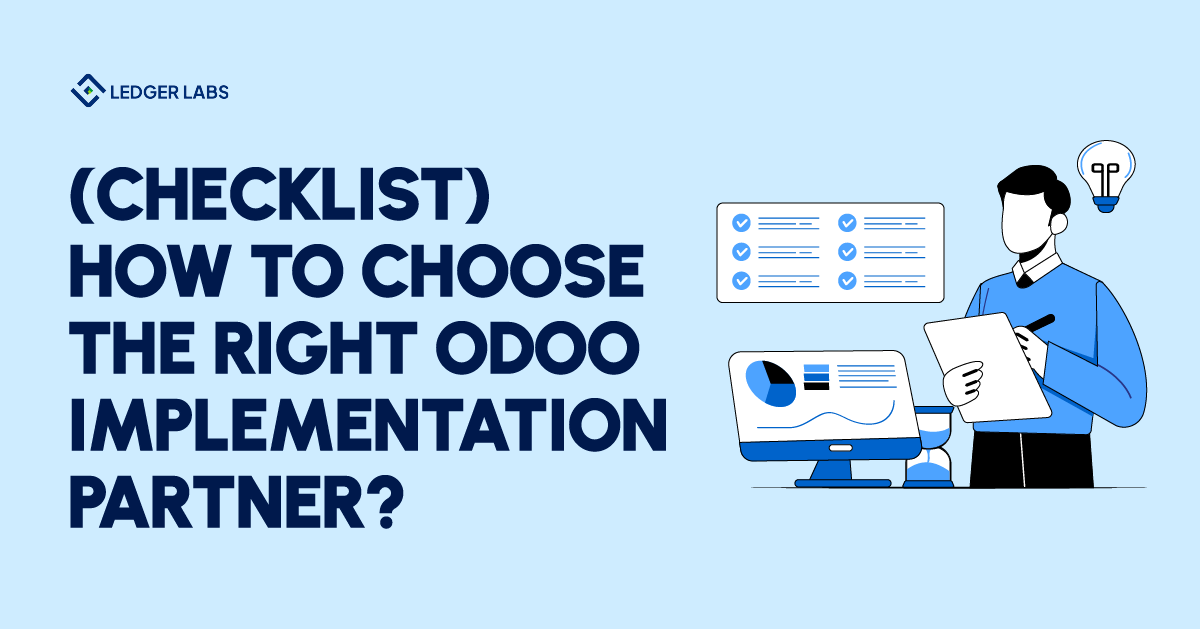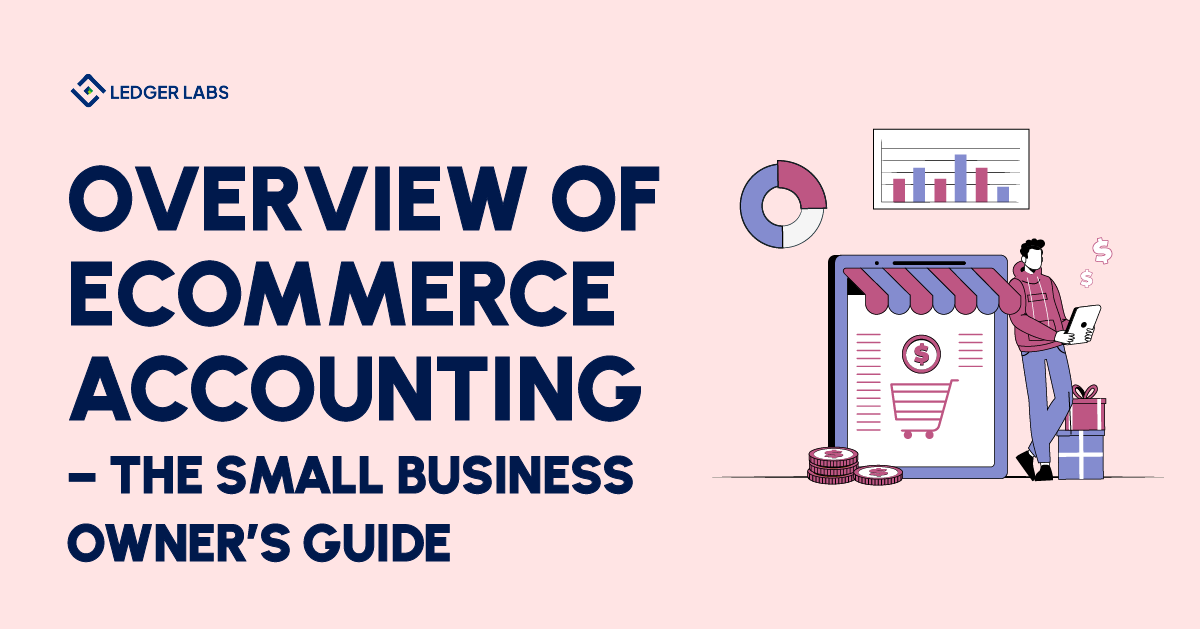Selecting the right partner for your Odoo implementation goes far beyond a simple technological decision.
It’s a strategic move that determines whether your ERP system becomes the backbone of your growth or an obstacle you’ll spend years overcoming.
As a founder, your goal isn’t just to get software installed; it’s to build an operational core your teams will trust and depend on daily.
Yet there are also plenty of Odoo implementation mistakes that could be costly for your business.
To help you avoid these mistakes, we’ve created a checklist of critical considerations you must evaluate before selecting your implementation partner.
- A capable Odoo partner deeply understands your operations, anticipates business needs, and tailors solutions specifically to your workflows and long-term growth objectives.
- Effective partners show practical, detailed scenarios relevant to your exact business model rather than relying on generic presentations or theoretical examples disconnected from real operations.
- Strong project management prevents ERP failure. Choose a partner with proven discipline in managing timelines, budgets, and project complexities, ensuring smooth ERP implementation, reduced operational disruptions, and fewer unforeseen issues.
- A successful ERP partner demonstrates deep knowledge in U.S. GAAP, intercompany accounting, and accurate financial reporting, ensuring reliable financial management and regulatory compliance from day one.
An Overview
Most founders underestimate the complexity involved in choosing a reliable implementation partner.
According to Panorama Consulting’s 2023 ERP Report, nearly 50 percent of ERP projects fail to deliver the expected business value, and over 60 percent exceed their planned budgets due to inadequate implementation.
These failures aren’t just costly. They can slow your momentum, frustrate your staff, and damage your competitive edge.
The issue rarely lies with Odoo itself. The real risk comes from how it’s implemented and by whom. The right partner understands your business deeply, anticipates operational challenges before they occur, and designs workflows that align seamlessly with how your company functions today and plans to grow tomorrow.
Here’s the checklist that will help you choose the right Odoo implementation partner in the US, right away…
Also Read: 5 Signs It’s Time to Work With an Odoo Expert, Not Just a Freelancer
1. Do They Understand Your Business Model and Operations?
According to a 2022 Gartner survey, 74 percent of ERP implementation failures occur because the partner lacks a solid understanding of the client’s operational nuances.
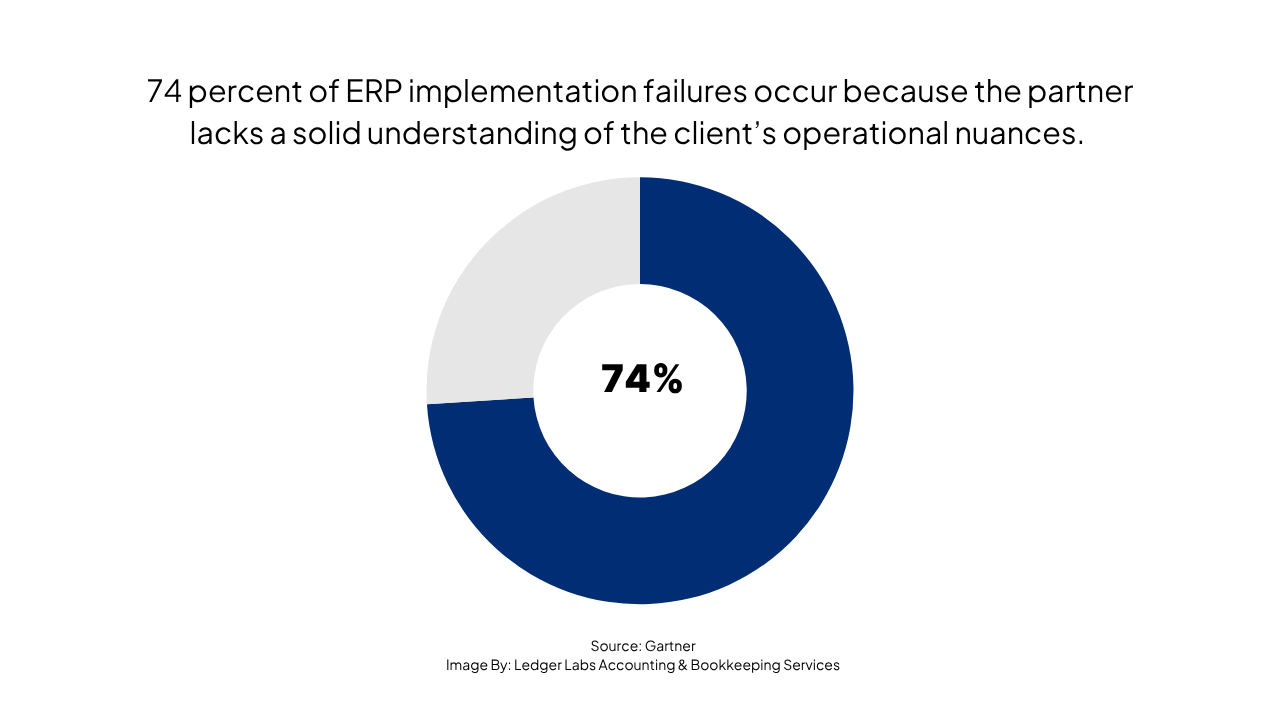
Many ERP partners can demonstrate technical skills.
However, that also doesn’t necessarily mean they’re equipped to support your particular business. Founders often overlook the critical step of ensuring the partner genuinely understands their business model, operations, and strategic objectives.
- A competent partner won’t simply ask which modules you want or how many users you’ll have.
- They will dive deep into your processes, identify areas of inefficiency, and suggest ways to streamline them through Odoo.
- They will proactively analyze how your business handles inventory management, revenue recognition, complex pricing, multi-entity accounting, and operational logistics.
ERP implementation is not a cookie-cutter task. It’s precisely tailored to your unique business environment.
Your partner should be an advisor who can thoughtfully challenge assumptions and propose improvements, not just an order-taker fulfilling your requests.
2. Can They Demonstrate Real-World Experience Relevant to Your Business?
60% of ERP projects fail due to poor management discipline, including weak project governance, unrealistic timelines, and insufficient oversight.
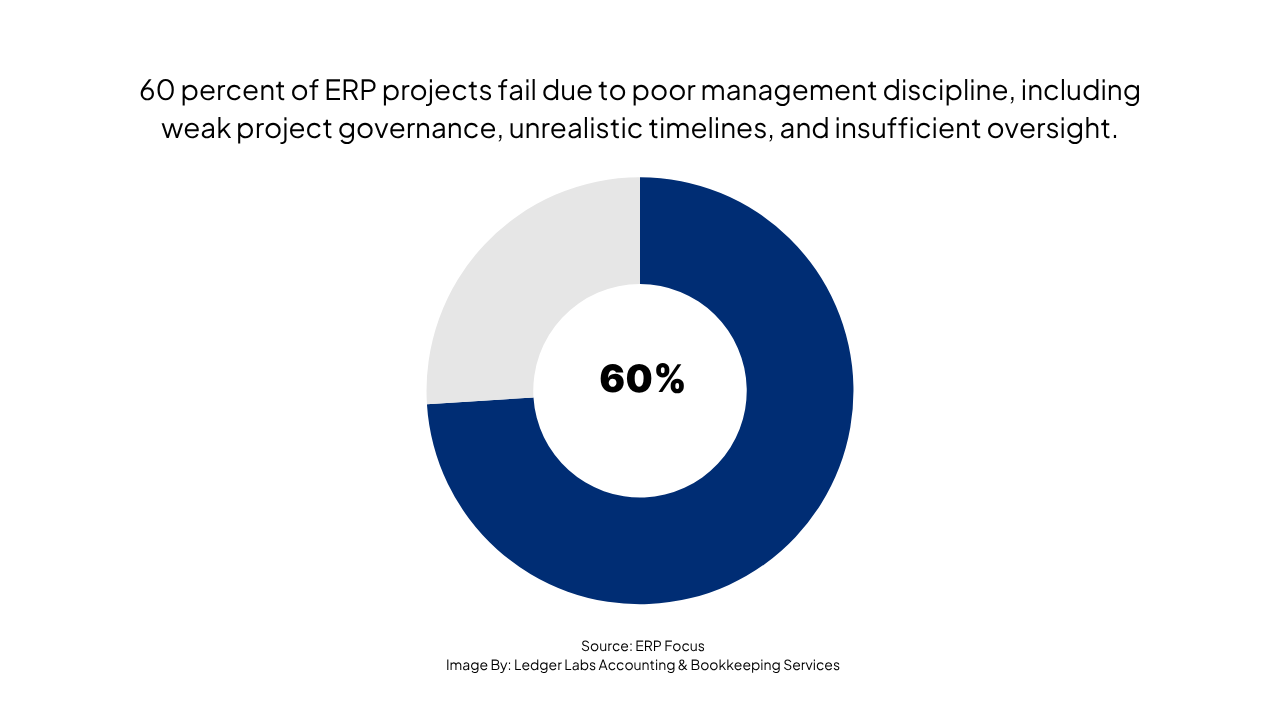
When vetting implementation partners, be cautious of generic demos that contain meaningless data.
Your business doesn’t operate in generic conditions, so neither should the demonstration. Ask specifically to see workflows and scenarios that are highly relevant to your business model.
If you’re a wholesale distributor, the demonstration should include processes such as purchase order management, partial shipments, backorder handling, and complex inventory tracking.
If you want proper accounting services for a SaaS business, the partner should show you exactly how recurring billing, deferred revenue schedules, and subscription upgrades are handled within Odoo.
An effective partner doesn’t rely on abstract theory. They prove their capabilities with practical, real-world scenarios.
3. Verify Their Project Management and Delivery Capabilities
A high-quality ERP implementation requires disciplined project management, transparent communication, and proactive risk mitigation.
Founders must rigorously vet a partner’s ability to manage complex projects before committing to a partnership.
This goes beyond asking for references.
- Demand specifics about their project management approach, how they handle timelines and budgets, and how they track deliverables.
- Poor project management is a leading reason ERP implementations spiral out of control.
- Your ideal partner should be crystal-clear about milestones, contingencies, and reporting structures.
Most importantly, your Odoo implementation partner should confidently explain how they respond when things don’t go according to plan, because inevitably, unexpected challenges arise.
4. Transparency About Who Will Actually Do the Work
It’s common for ERP firms to showcase their most experienced consultants during sales calls but assign less-experienced team members once the contract is signed.
This bait-and-switch can significantly impact the quality and outcome of an implementation.
Insist on meeting the actual team members who will build your ERP.
Ask about their specific experience in your industry and their familiarity with business processes like yours. Do not settle for vague assurances. You need certainty about who is building your system.
When the team building your ERP truly understands your operations, success follows.
5. Evaluate Their Accounting and Financial Expertise
Odoo’s greatest strength lies in its integrated accounting capabilities.
Yet, this area is where most partners also fall short.
ERP is fundamentally about financial control. Incorrectly configured charts of accounts, incorrect tax settings, and faulty reporting logic are extremely costly mistakes.
- Your partner must show proficiency not just in technical accounting features but also in broader financial compliance and reporting best practices.
- Ensure your partner includes experienced finance experts who understand U.S. GAAP standards, intercompany accounting, multi-currency management, and advanced financial reporting.
Without this, even the best-designed ERP fails to deliver accurate financial insights.
6. Demand Comprehensive Sandbox and Testing Protocols
According to Accenture’s ERP Readiness Assessment (2023), businesses that adopted comprehensive sandbox testing reduced post-launch issues by nearly 50 percent.
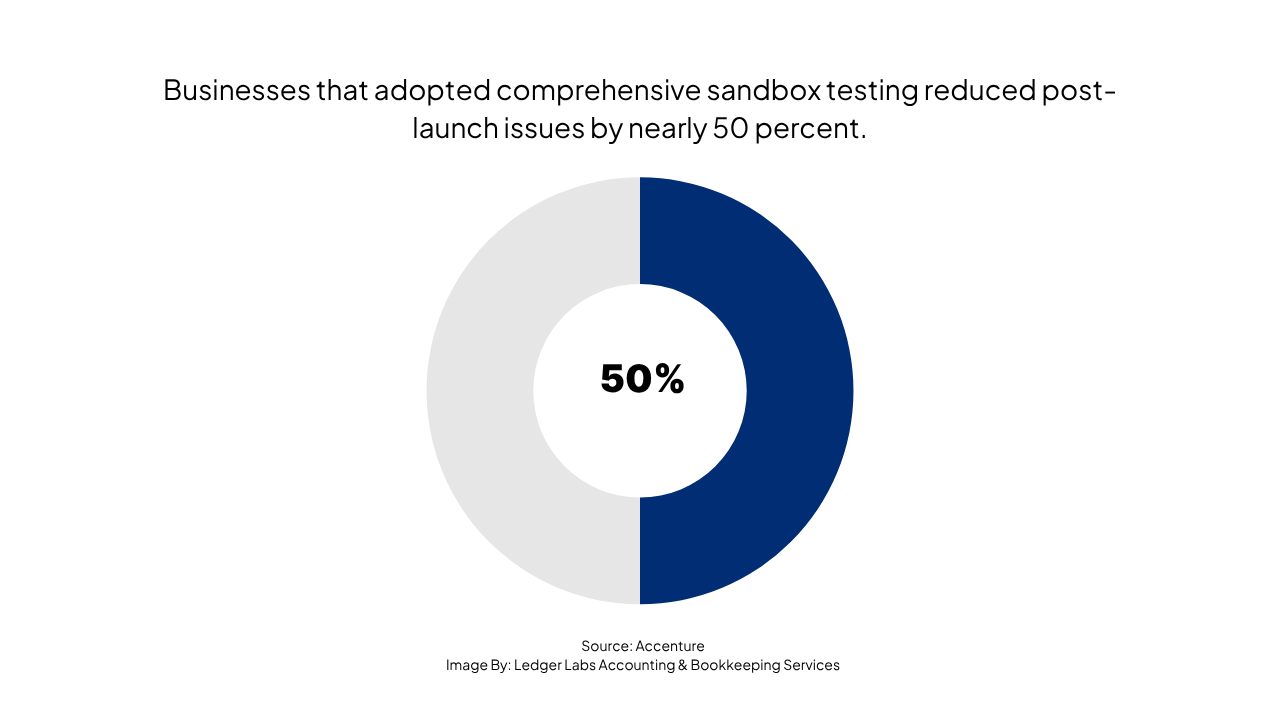
These businesses didn’t just casually test; they methodically ran every scenario from purchase orders to month-end closings. This disciplined approach identified and resolved problems long before customers or employees faced them.
Skipping rigorous testing before going live is a dangerous shortcut.
Founders frequently overlook this step, wrongly assuming that ERP modules come perfectly configured. A sandbox test environment is crucial to catch critical errors and refine workflows safely.
Your partner must provide a structured, detailed testing plan that mirrors your live operations. Testing isn’t optional; it’s foundational.
7. Confirm Their Long-Term Support and Scalability Commitment
According to a 2022 Forrester report, nearly two-thirds of ERP problems occur post-launch due to inadequate ongoing support.
Founders often learn too late that their partner lacks a robust plan for ongoing monitoring, issue resolution, and system optimization.
ERP implementation doesn’t end at launch. In fact, post-launch is when your system faces real-world pressure.
The first eight weeks after launch typically surface hidden issues and minor misconfigurations that can quickly snowball into larger operational disruptions.
Before you select a partner, confirm exactly what happens after launch. You need a structured plan that covers monitoring, live support, regular reporting, and a clearly defined process for addressing post-launch issues.
Your ERP partner must commit to a long-term relationship, not just a one-time project.
Red Flags to Avoid
Be alert for common warning signs during your evaluation:
- Partners who immediately say “yes” to every request without questioning complexity or viability.
- Firms unwilling to demonstrate industry-specific implementations or provide access to their actual project teams.
- Providers lacking transparent communication on budget, timelines, risks, or contingency plans.
A successful ERP implementation depends on choosing someone who’s not just a software expert but a thoughtful, strategic advisor to your business.
Final Thoughts
Choosing the right Odoo implementation partner is one of the most impactful decisions a founder will ever make.
It defines your operational success, affects your strategic agility, and determines how quickly your teams can scale. Take the time to conduct rigorous evaluations, verify expertise, demand transparency, and insist on thorough testing.
At Ledger Labs, we approach each ERP implementation as business architects, not mere software installers.
Our commitment to real-world outcomes has made us a trusted partner to hundreds of successful U.S. businesses.
Schedule a meeting with us and let’s ensure your ERP system is an accelerator of growth, not a roadblock.


